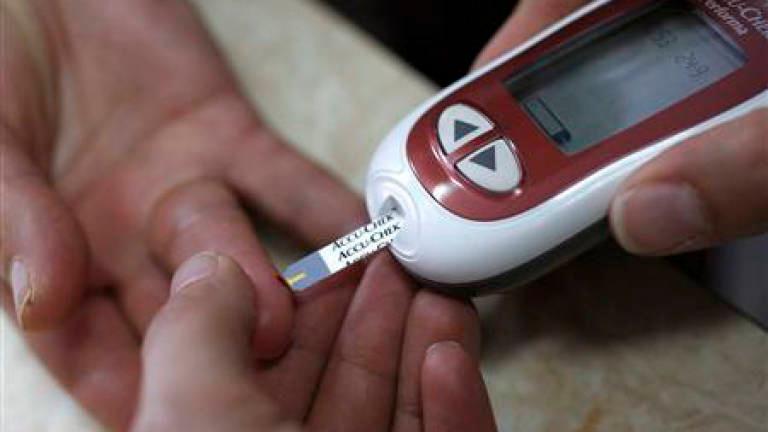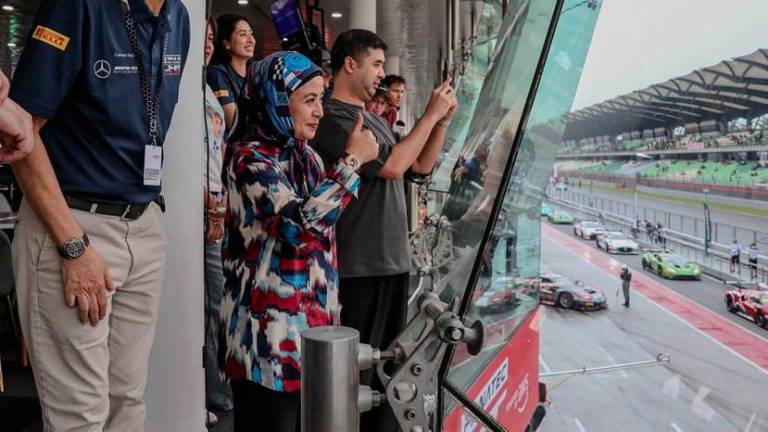NON-COMMUNICABLE Diseases (NCDs) are much deadlier than Covid-19. Indeed, the total number of deaths due to NCDs far outstrips the deaths caused by Covid-19, especially diabetes.
According to the Institute for Clinical Research, a research institute under the National Institutes of Health, seven in 10 people who succumbed to Covid-19 in Malaysia suffered from diabetes.
The loss in human lives carries with it an increasing economic cost. It has been estimated that, based on the current trend, Malaysia is expected to suffer a GDP loss of RM100 billion for 2020, and this does not even take into consideration the losses suffered from Covid-19.
My own experience has been a grim one. My elder brother passed away after his leg was amputated because of infections caused by diabetes. Another old friend had his leg amputated below his knee last month.
Earlier this year, the Health Ministry released its 2019 National Health and Morbidity Survey which found that the prevalence rate of diabetes among Malaysian adults increased from 13.4% in 2015 to 18.3% last year.
An estimated 3.9 million adults in Malaysia aged 18 and above had diabetes as of 2019. The Malaysian Academy of Medicine was deeply concerned by the findings of this survey.
There are little or no recorded improvements in the prevalence and risk factors of NCDs. The World Health Organisation reported on June 1 that the prevention and treatment services for NCDs all over the world had been severely disrupted due to the pandemic. Malaysia is no exception.
Perhaps, it is time for the Health Ministry to apply the lessons learned from Covid-19 to address the lifestyle issues of diabetes.
A US study found that a lifestyle change intervention achieved a 58% relative risk reduction in type 2 diabetes.
In Malaysia, the ministry should focus its attention on sugar consumption to mitigate the main cause of diabetes. On average, Malaysians consume around 3kg of sugar per year in the form of sugary drinks. This is way too high.
We must focus our attention on prevention by cutting the consumption of sugar rather than on treatments.
Malaysia has adopted the new tax on sugar-sweetened beverages as a strategy for reducing consumption of sugar products. More than 50 countries around the world have already implemented such taxes. Taxation of sugary drinks has consistently been shown to reduce sugar consumption and improve health outcomes.
However, this by itself is insufficient. Coffee shops, cafes and other eateries must play their part in reducing the prices of no-sugar or less-sugar drinks. At the moment, there is no difference in pricing of both drinks.
It is proposed that these drinks should be made at least 20 sen cheaper. Drinks are the most profitable part of an eatery, so a 20 sen reduction will not make any significant impact on an outlet’s profitability.
Besides, beverage companies could also reduce the sweetness of their drinks and impose a 50 sen premium for any additional spoon of sugar.
A concerted effort, together with non-governmental organisations and private companies must be made to encourage confectionaries, makers of sweet items and other dessert producers to lower their sugar content. Ultimately, we need to re-cultivate the taste-buds of Malaysian consumers to prefer less sugar.
Healthcare must be prioritised in the reorganisation of our health system. Our rakyat have proven throughout the Covd-19 crisis that given the proper guidance and enforcement, they will abide by necessary preventive measures to protect their health and the health of their loved ones.
Comments: letters@thesundaily.com













